Give Your Employees Peace of Mind with Life Insurance
Help them protect the people they love most.
For employees who have loved ones who rely on them, life insurance is a top priority. You can help them achieve peace of mind by offering Life insurance benefits that will help provide for their families in the event of their passing.
Providing Financial Security for Your Employees' Loved Ones
Expand your benefits offering without impacting your budget.
Life insurance offers options to fit every stage of life, helping employees protect their families' future. In the event of their passing, life insurance pays a benefit to their loved ones. Certain types of coverage can also build cash value over time.
Life insurance can provide financial assistance for a family facing unexpected loss, helping to cover expenses like:
Paying medical and funeral bills.
Replacing lost income.
Paying off a mortgage and other debts.
Protecting retirement plans.
Funding college expenses.
Below is an overview of the major types of life insurance available through Colonial Life:
Key Features
Term Life
Whole Life
Level Term:
Level Premium:
Guarantees a set death benefit for a specific term. Ideal for high-demand years.
Coverage stays the same until age 100.
Cost
$
$$
Death Benefit
Payable if you pass away within the term period you select
Stays the same as long as you make payments
Plan Options
10, 15, 20, or 30-year term options are available.
Paid-Up at Age 70 or Paid-Up at Age 100 options are available.
Premium Payments
Stay the same throughout the selected term.
Remain constant and end at the chosen paid-up age.
Cash Value
Not a feature in term life policies.
Values are set when the policy is purchased.
Our life insurance plans are designed to benefit both employers and employees.
For Employers and HR Professionals:
For Your Employees and Their Families:
Offer a competitive benefits package that attracts and retains highly valued employees without increasing your company's expenses.
Manage rising insurance costs through voluntary benefits and explore potential savings opportunities.
Gain peace of mind knowing that they can help ensure their loved ones are financially protected in the event of their passing.
Receive direct benefit payments to the beneficiary that can be used as needed, regardless of other insurance the policyholder may have.
Customize coverage to meet individual needs.
Maintain their coverage even if they change jobs or retire.
FAQS
What is the difference between term life insurance and whole life insurance?
Term life insurance provides coverage for a specified term, typically 10, 20, or 30 years. It offers a death benefit to your beneficiaries if you pass away during the term, but it doesn't accumulate cash value. Whole life insurance, on the other hand, provides lifelong coverage and includes a savings component that builds cash value over time. While term insurance is usually more affordable, whole life insurance can serve as both protection and a long-term investment.
How does cancer insurance differ from my existing health insurance?
Cancer insurance is designed to provide additional financial support specifically for cancer-related expenses that may not be fully covered by your health insurance. It can help with costs like treatment, medication, travel, and even lost wages due to illness. While health insurance covers a wide range of medical expenses, cancer insurance focuses on providing targeted financial assistance for the unique challenges posed by a cancer diagnosis.
How does health insurance work in a group plan?
Group health insurance is typically provided by employers to their employees. In a group plan, the employer negotiates with an insurance provider to offer coverage to all eligible employees. Employees usually share the cost of premiums with their employer. Group health plans often provide comprehensive coverage and lower premiums than individual plans. When you need medical care, you'll typically pay a portion of the costs (such as copayments or deductibles), and the insurance plan covers the rest. Group health insurance is a valuable employee benefit and helps individuals access essential healthcare services at a reduced cost.

